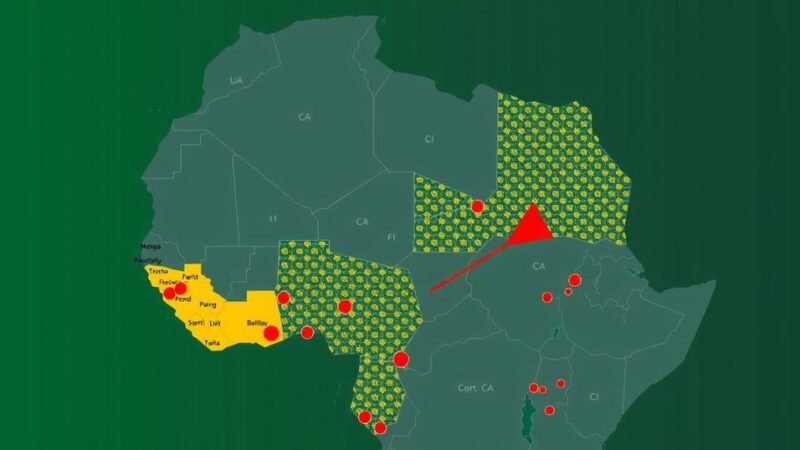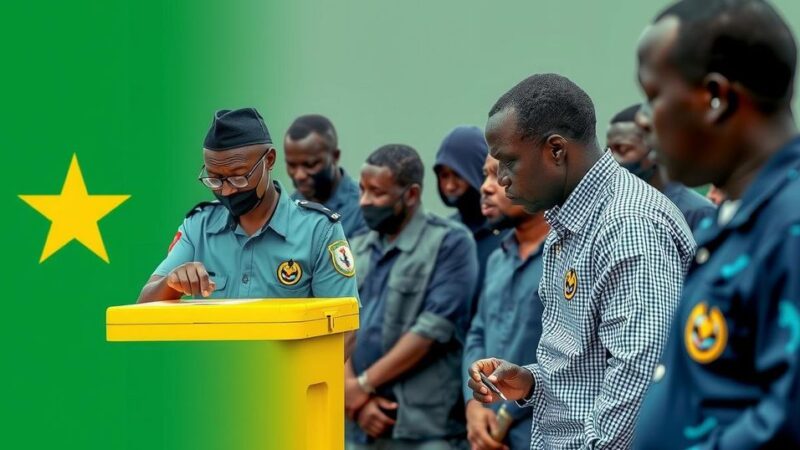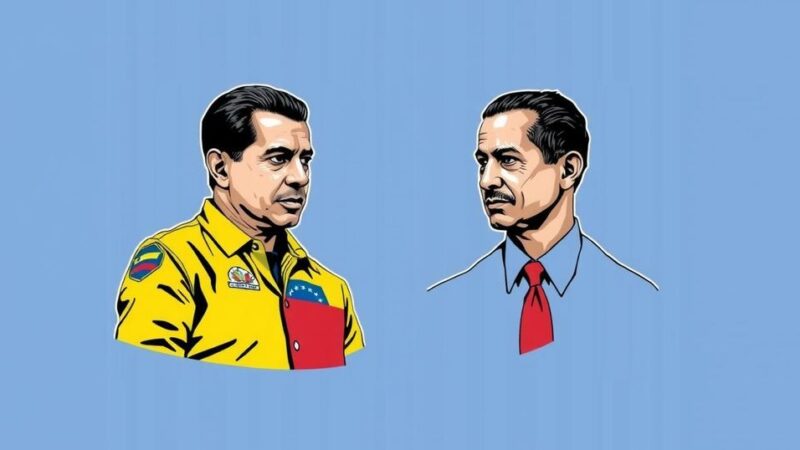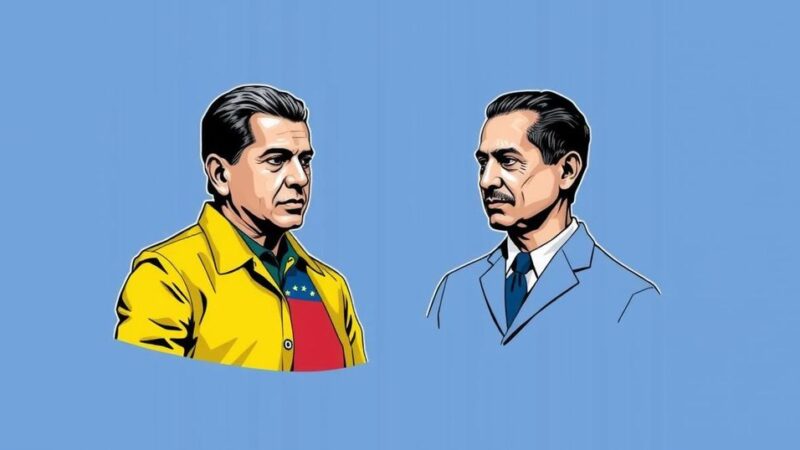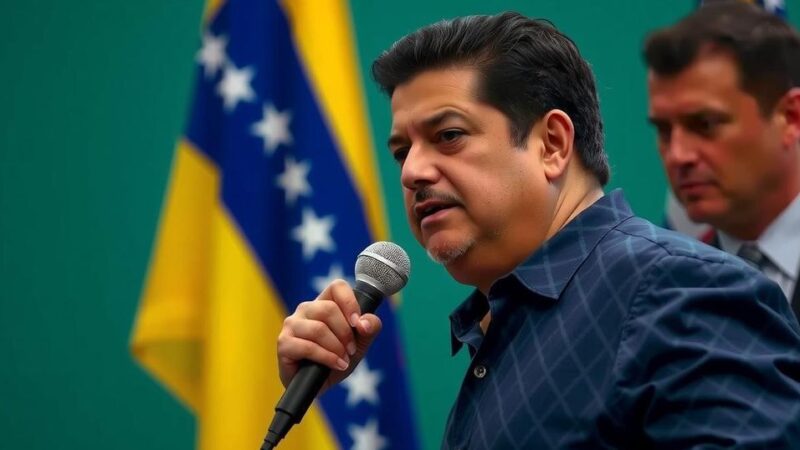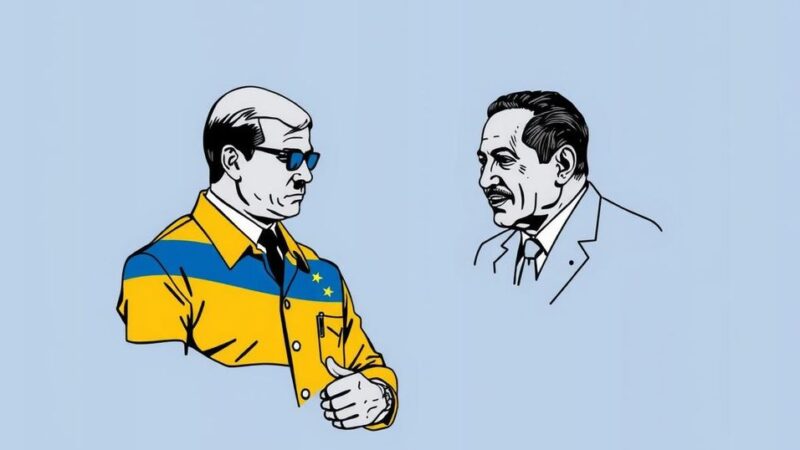The Nigerian Army has mischaracterized the Lakurawa group as a new terrorist entity emerging from recent Sahelian turmoil, despite evidence suggesting its long-standing presence along the border since 1999. Initially formed to combat local banditry, Lakurawa has devolved into a violent force amidst a backdrop of insecurity and ineffective governance. The situation exemplifies Nigeria’s broader struggles with terrorism and security management.
In recent discourse, the Nigerian Army has attributed the emergence of a new terrorist group, Lakurawa, to the escalating turmoil in the Sahel region, particularly in neighboring countries like Mali and Niger. However, research indicates that Lakurawa has been active along the Nigeria-Niger border since 1999, emerging not merely from recent political instability but also as a response to longstanding issues of insecurity, poverty, and a lack of effective governance in the northwestern region of Nigeria. Analysts argue that the Army’s characterization of Lakurawa as a new group obscures the historical context and ongoing challenges faced by communities in the area.
Lakurawa, comprised primarily of armed herders, was initially formed in response to local calls for assistance against armed banditry. This group, which promotes a distinct interpretation of Islam and seeks to establish a caliphate, was recruited by local traditional leaders to enhance security within vulnerable communities. Over time, however, they have transitioned from protectors to perpetrators of violence, leading to increasing tensions with the very leaders who once sought their assistance. They are reported to have collected taxes and engaged in other illicit activities amidst a significant security vacuum exacerbated by Nigeria’s porous borders and a lack of law enforcement presence.
Lakurawa’s rise can be directly linked to the Nigerian government’s failure to provide adequate security for its citizens, resulting in ungoverned spaces that facilitate the proliferation of such groups. The army’s focus on their origins in relation to recent coups fails to acknowledge the long-standing involvements of groups like Lakurawa in fostering insecurity within the region. While the government attempts to stabilize the situation through military operations, there linger systemic inadequacies that hamper effective law enforcement and community engagement, suggesting a dire need for restructuring security governance in Nigeria.
The issue of terrorism in Nigeria is complex and multifaceted, particularly in the context of the Sahel region, where political instability has given rise to various armed groups. The Lakurawa group exemplifies how local responses to security challenges can unintentionally foster further violence and extremism. Understanding the historical and socio-political dynamics at play is crucial to addressing the challenges posed by such groups, especially in regions marked by poverty, unemployment, and ineffective governance.
In summary, the characterization of the Lakurawa group as a newly emergent threat overlooks the extensive historical context of its operations. It underscores the Nigerian government’s failure to adequately address the root causes of insecurity, which include poverty and a lack of governance. A focus on military interventions without empowering local communities or establishing a robust policing infrastructure will likely yield limited success in combating regional terrorism. Sustainable solutions must involve cooperative regional strategies and a fundamental shift towards community-based security measures.
Original Source: www.defenceweb.co.za

